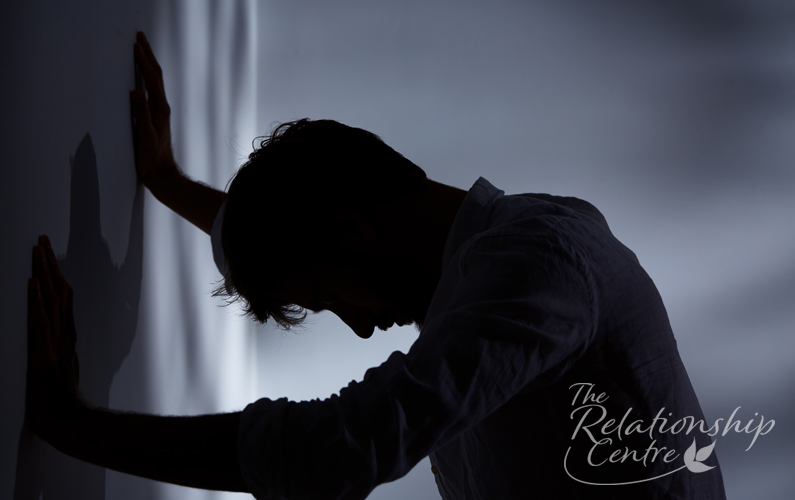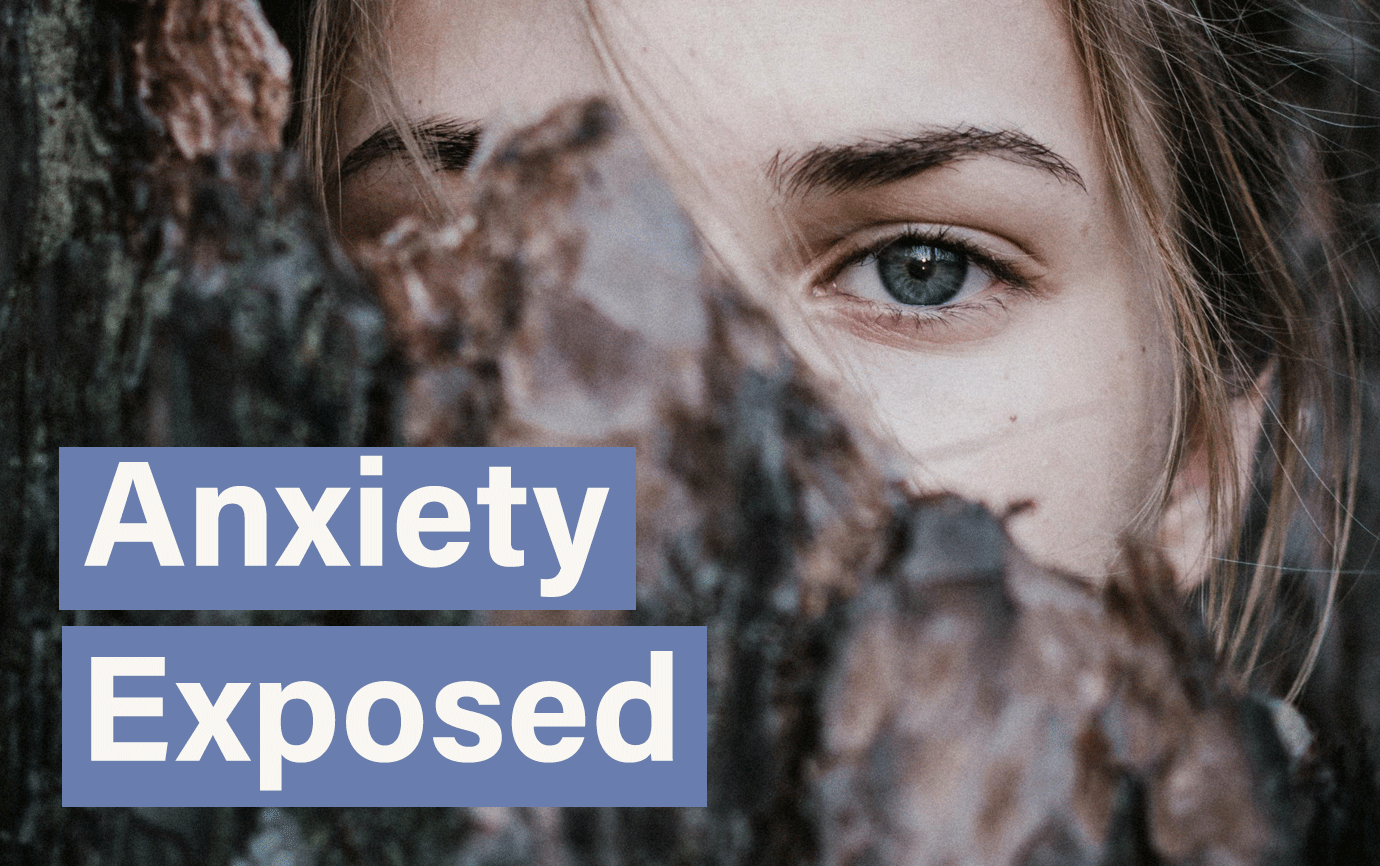It’s easy to imagine that symptoms of depression in men look relatively similar to how they do for women. We naturally tend to lump the two together, thinking ongoing clinical sadness is what it is regardless of gender. While there certainly are some similarities between the two, depression in men vs women is different in some significant ways.
In his “Psychology Today” article entitled 14 Major Indicators of Depression in Men, Robert Weiss Ph.D., MSW shares the following:
“Depressed women tend to “act in” (sleeping too much, crying, overeating, drinking too much, failing to fully function, etc.), while depressed men tend to “act out” with unpleasant behaviours. So, a depressed woman might look and act depressed, while a depressed man might just seem like he’s being a jerk.”
Of course, if a guy is “being a jerk” as Weiss puts it, that doesn’t excuse his bad behaviour. At the same time, the danger is that plenty of men exhibit depressive symptoms we tend not to attribute to the disorder. We often look for the obvious depressive symptoms women are more apt to show.


Men aren’t weak for struggling with depression and don’t choose to feel that way. The important thing is to recognize when male depression is an issue so treatment can happen quickly.
What exactly should you look for when it comes to depression symptoms in men? Here are some common themes to consider.
Increased Aggression, Anger and Irritability
These male depression symptoms are what Weiss mainly meant when he said men can act unkindly when depressed. Suppose you met a random guy on the street and had an unpleasant, angry or confrontational interaction with him. In that case, you’d likely assume you were just dealing with an unusually disagreeable person.
But what if someone you know well goes from being a reasonably agreeable person to much the opposite? They become short-fused, aggressive or insensitive. The connection between men and depression is the last thing many people would suspect.
However, depression can be the cause, especially with men. You may notice extreme mood swings, anger or rage. Or, you could observe someone who is now easily agitated. Yes, not the classic “men sadness” theme you were looking for, but depression all the same.
A Denial of Depressive Symptoms
While not considered a depressive symptom by itself, men commonly minimize or dismiss the possibility they may have depression. As shared earlier, there are various reasons this is the case.
First of all, regardless of gender, others around us tend to notice depression in us before we do. Some of this could be because, after having depression for long enough, it becomes easy to normalize how you think, feel and act. It also becomes harder to remember a time you didn’t feel and respond the way you do now, while others close to you can better see the change in you.
Add to that the tendency of men to exhibit different depressive symptoms than women. You can have a significant number of men who desperately need treatment who don’t seek it out (and don’t even think they need it).
We can totally miss a proper depression diagnosis in men without careful assessment. Worse yet, this makes it harder for guys to recognize if they need treatment because they tend not to suspect the underlying issue. Also, there’s this unwarranted social stigma that guys shouldn’t be depressed because they’re supposed to be tough, which is nonsense.
Further complicating matters is depression in men can show up in unlikely places. Contrary to what some assume, postpartum depression in fathers can and does happen. Depression in older men sometimes goes undiagnosed as well.
Feeling Physically Unwell or Complaining of Pain
Most depressed men won’t immediately visit a physician or therapist for that reason. Instead, they’ll more commonly see a doctor due to physical health complaints. But because the underlying issue is depression, the physician will be unable to find a purely physical cause. All medical tests will likely check out just fine.
One of the most common physical complaints about depressed men is fatigue. It can become difficult for them to get through the day as they used to, only compounding their stress and depression.
Other common complaints include headaches, increased general body aches, back pain or headaches. There are a variety of other possibilities, too, since depression affects your entire body.
Depressed men often go to a physician with these complaints, the tests come back fine and they go on with their life. However, because the underlying issue was never dealt with, their challenges will only increase until receiving proper treatment.
Depression in Men Symptoms – Other Common Signs
Aside from generally not exhibiting such obvious, “traditional” depression symptoms, here are some other common depressive symptoms in men. Invariably, some of these will overlap when it comes to how women experience depression.
- A loss of interest in activities once considered enjoyable
- Oversleeping or not getting enough rest
- Feeling/acting hopeless or negative
- Overeating, undereating or eating unhealthily
- Isolating emotionally or socially from others
- Excessive guilt, shame or feeling worthless
- Feeling stuck or trapped
- Excessive drug or alcohol use
- Worry that you’re a burden to others
- Compulsive actions like gambling, overspending, porn or sex (pain numbing)
- Blaming others when things go wrong
- Discussing suicide or death (even briefly)
Sometimes Depression in Men Looks Like Typical Depression
While men tend to experience more of an irritated or angry depression, not all depressed guys have the same experience. Some go through extreme sadness, a lack of motivation, lethargy similar to what most women encounter.
In the same way, a small percentage of women experience depression in a similar way to how most men go through it. They are more prone to anger and aggression than the extremely sad, weepy depression type.
All of that to say, regardless of gender, we must be cautious not to imagine everyone experiences depression in the same way. Although there may be some common themes, we’re all different and will handle life’s challenges uniquely.
Depression in Men: Consider Individual Counselling or Couples Therapy
As you can see, properly recognizing and diagnosing depression isn’t as straightforward as some may imagine. For that reason, it’s wise to seek help from a therapist. That way, you can find out if you’re really dealing with depression or something else.
Suppose depression is found to be the underlying concern. In that case, your depression counsellor will help you talk through the struggles you’re having. You’ll also find proven ways to better handle your depression.
If you’d like to learn more about how The Relationship Centre can assist you, please reach out. You are also welcome to schedule an appointment with us. We look forward to meeting you!












